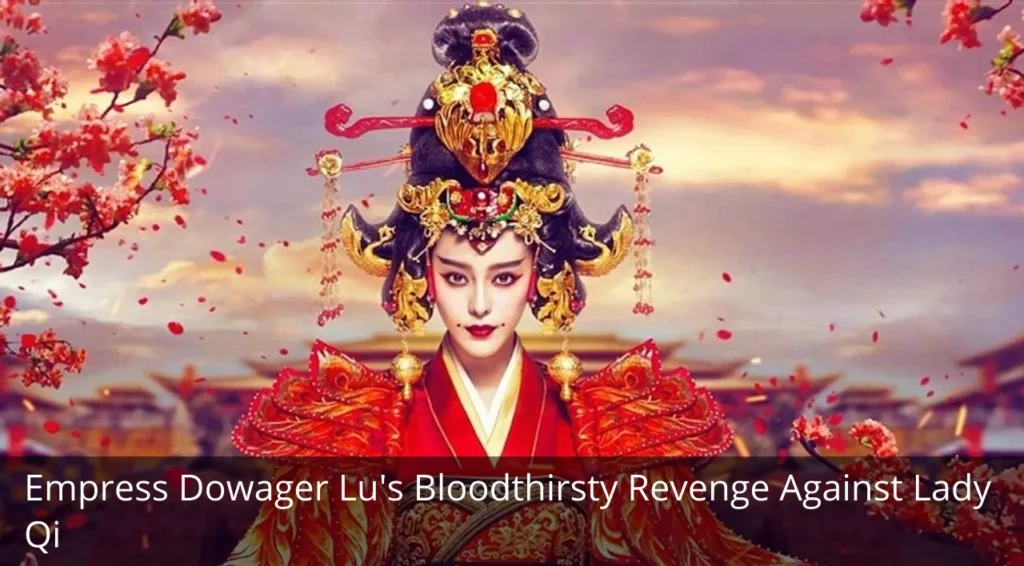Power Acquired Through Default or Stealth
Rarely did their people select these women. They rose to power primarily by default or stealth. For example, a king with no sons or an intelligent queen usurped her useless husband’s management. Regardless of acquired ability, women had historically found it more difficult than men to rule successfully during earlier eras. Military leaders and leadership are frequently taken by force.
So, queens and empresses, regnant were forced to rule like men, and yet roundly criticized when they did so. Sweden’s fascinating Queen Christina was nearly infamous for eschewing her sidesaddle and riding in breeches.
While trying to rally her troops in 1588, the Spanish Armada sailed up the Channel.
Even Elizabeth I felt compelled to begin a morale-boosting address with a denial of her sex: “I know I have a man’s body frail I may be a weak woman, but I possess a king’s heart and stomach—specifically, an English king at that.”
Lü Zhi China’s First “Female Bosses”
Lü Zhi (241-180BC) was one of China’s first “female bosses,” While she had some flaws in her behavior, her overall performance was satisfactory, and she was an asset to the enterprise.
When Lü was just a county headman in central China, she married Liu Bang, who would become Emperor Gaozu of Han. When Liu was busy fighting wars and consolidating his power, she stuck by him through thick and thin. Despite her gender, she was a member of her husband’s inner circle of advisers and decision makers, demonstrating her political savvy when she arranged the murders of two of Liu’s insubordinate followers while he was away.
When Liu conquered the empire and declared himself the founding emperor of the Western Han dynasty in 202BC, Lü climbed as empress. However, it wasn’t long before her husband began to procure one consort after another, leaving her alone in her palace. The emperor’s favorite consort, Lady Qi, plotted to replace the heir apparent – Liu and Lü’s firstborn son, Liu Ying – with her own. Lü acted quickly to foil Qi’s plot, ensuring that her son remained heir apparent until the emperor died.
When Liu Bang died in 195BC, Liu Ying became Emperor Hui of Han, and Lü became empress dowager. The indomitable Lü, far from being a retiring widow, unleashed all the pent-up resentment and unfulfilled ambition that had gnawed at her over the years. She severed Qi’s arms and legs, gouged her eyes, and rendered her deaf and dumb.
Also read: Genshin Impact 3.1 Update: Release Date, Livestream, Leaks & More
What can the Chinese empress dowager teach fast-fashion retailers?
She proudly displayed her creation to the new emperor. He was so horrified by his mother’s cruelty that he fell ill and abstained from ruling the empire. Lü was in charge of the administration until her son died in 188BC. She made one of her grandsons’ emperors, killed him when he rebelled, and then made another.
At the same time, Lü systematically persecuted her late husband’s family members, replacing them with members of her own family. Male members of the Lü clan quickly rose to positions of power in court.
Lü ruled China de facto for 15 years before dying of natural causes in 180BC. Aside from the nepotism and psychopathic viciousness with which she dealt with her enemies. Historians considered her a capable ruler. She appointed competent administrators to various government positions and agreed with the warlike Xiongnu people to the north.
Penalties administer with a light hand during her reign, and people were left mainly to prosper and multiply. The stability in the decade and a half following the death of the founding emperor helped lay the groundwork for the Han empire’s longevity, which lasted for four centuries with a brief interruption.

